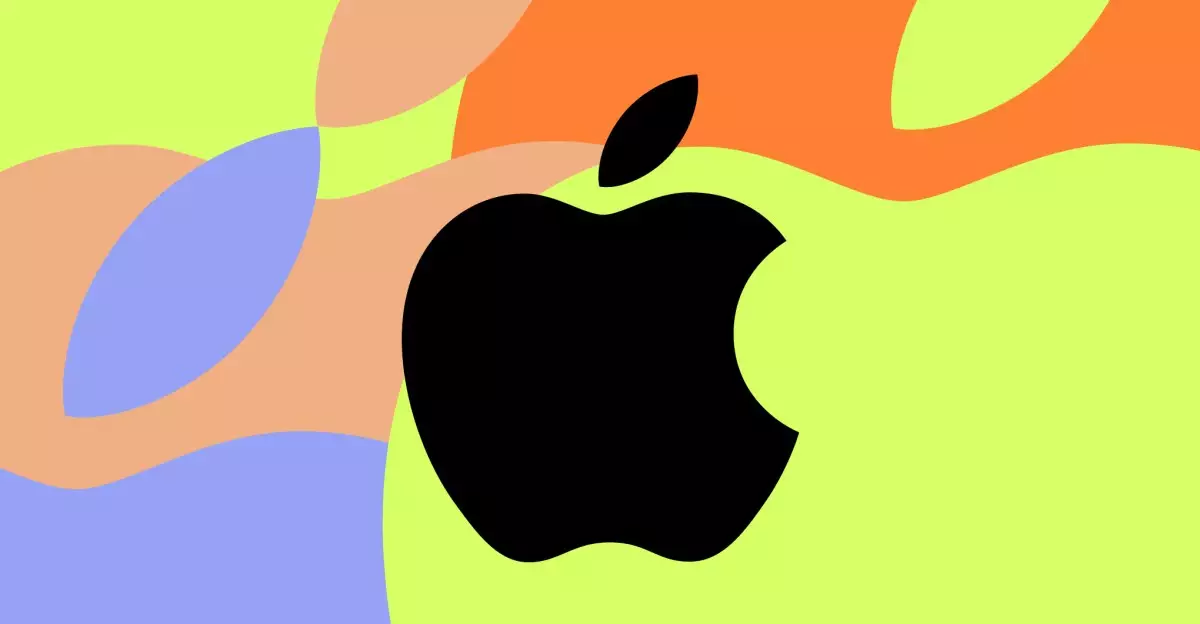In a groundbreaking ruling that reverberates through the tech industry, U.S. District Judge Yvonne Gonzalez Rogers has unveiled inconsistencies in Apple’s conduct, particularly focusing on the testimony provided by Alex Roman, the company’s VP of Finance. The judge’s harsh critique, labeling Roman’s testimony as “replete with misdirection and outright lies,” raises serious concerns about corporate ethics and accountability, especially for a company as influential as Apple.
Unpacking the Testimony and Its Implications
Judge Gonzalez Rogers accused Roman of willfully lying under oath regarding Apple’s commission structure for transactions made outside the App Store, specifically claiming that the company did not set the contentious 27 percent fee until January 16, 2024. This assertion stands in stark contrast to evidence highlighted by the judge, which shows that the details of this commission were actually established back in July 2023. Such discrepancies are not merely alarming; they challenge the very fabric of trust that consumers and investors place in corporate governance.
This scandal underlines an important question: how far will major corporations go to protect their profitability? The implications of this ruling extend beyond Apple; they serve as a cautionary tale for other tech giants that might consider circumventing regulatory guidelines to maintain competitive advantages in the marketplace.
The Severity of Contempt Zoning In on Corporate Accountability
The judge’s decision to refer the case to a U.S. attorney for potential criminal contempt proceedings is a significant move, indicating a zero-tolerance stance towards corporate misconduct. The phrase “Apple willfully chose not to comply with this Court’s Injunction” underscores the gravity of the situation. When corporations display blatant audacity in bending the rules, as alleged, it impairs the trust that underpins the free market. For consumers, this extends beyond legal compliance; it touches on ethical responsibility.
Gonzalez Rogers indicates that Apple calculated this “gross miscalculation,” believing that their actions would simply slip under the radar. For a company with Apple’s vast resources and legal teams, this misstep is particularly troubling, hinting at a culture that prioritizes profit over integrity.
The Cover-Up: Getting Caught in Deception
As emphasized by Gonzalez Rogers, “the cover-up made it worse.” This statement resonates deeply in the context of corporate governance, illustrating a repeated trend where attempts to conceal initial dishonesty lead to further complications. The desire to obscure the truth, especially when the entities involved wield considerable power, can trigger severe repercussions—both legally and reputationally.
In a tech ecosystem that thrives on innovation and transparency, this unfolding drama places Apple in an uncomfortable spotlight. The potential fallout could influence how consumers perceive not only Apple, but the industry’s overall commitment to ethical practices.
The case stands as a testament to the importance of accountability in high-stakes industries. As legal repercussions loom and public scrutiny intensifies, it may be time for Apple to reevaluate its approach to compliance and ethics in its operations.


Leave a Reply